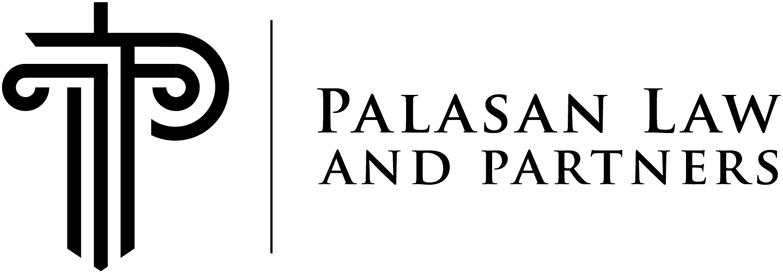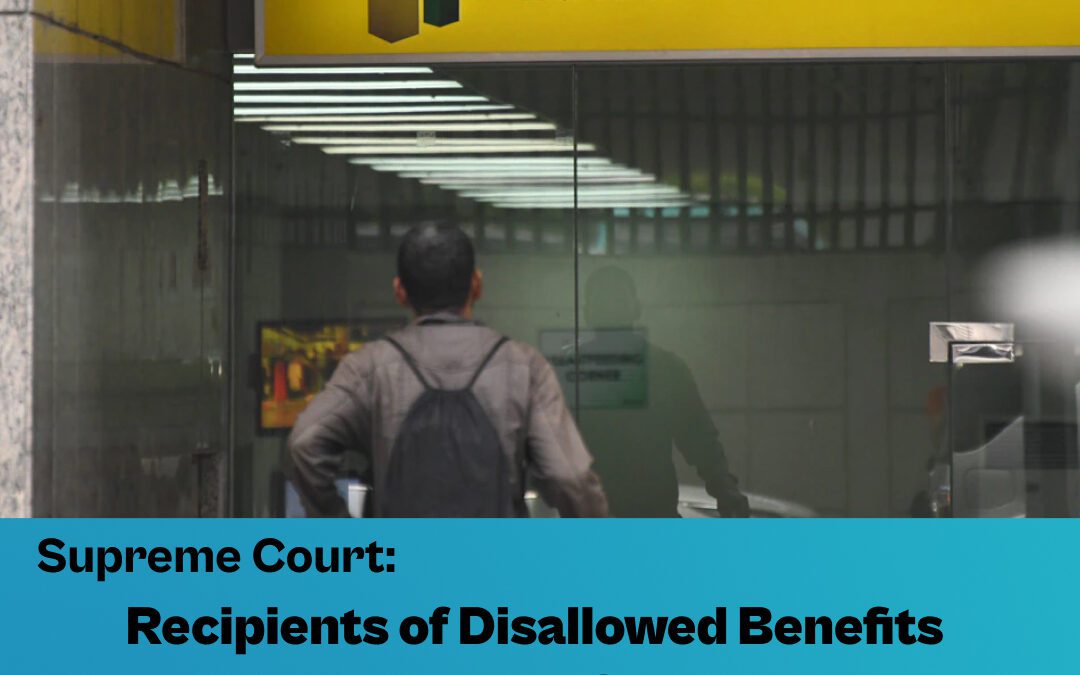Good faith is no longer a defense for recipients of subsequently disallowed public benefits or allowances.
Thus reiterated the Supreme Court En Banc in a Decision penned by Justice Rodil V. Zalameda denying the Petition for Certiorari filed by the Philippine Health Insurance Corporation (PhilHealth). The petition challenged the ruling of the Commission on Audit (COA) which had affirmed the notices of disallowance (ND) on PhilHealth’s grant of various allowances amounting to P15,287,405.63.
Various NDs were first received by PhilHealth Regional Office (RO) IV-A covering the transportation allowance, project completion incentive, and educational assistance allowance paid to regular and contractual employees for 2009 and 2010.
The said transportation allowance and project completion incentive given to PhilHealth contractual employees were considered irregular expenditures since job order employees are not entitled to the benefits enjoyed by government employees, as stated under COA Circular No. 85-55A.
The disallowed educational assistance allowance given to regular employees, on the other hand, was in violation of the 2009 and 2010 General Appropriation Acts.
When both of PhilHealth’s appeals before the COA RO IV-A Regional Director and the COA Commission Proper were denied, PhilHealth was prompted to go to the Supreme Court.
In denying PhilHealth’s petition, the Supreme Court ruled that the fiscal autonomy enjoyed by PhilHealth under its charter, Republic Act No. 7585, or the National Health Insurance Act of 1995, is not absolute and cannot be the sole basis for the grant of benefits or allowances.
The Court stressed that PhilHealth’s power to fix salaries and allowances is still subject to relevant guidelines and policies as may be issued by the President.
In the present case, the Court found there was no legal basis for the grant of the disallowed amounts. The grant of transportation allowance and project completion incentive to contractual employees was contrary to the express provision in the job order contracts that the only compensation due to the contractor was the daily rate agreed upon. As to the educational assistance allowance given to regular employees, there is no law or issuance from the Department of Budget Management allowing for such grant.
The Court also ruled that consistent with the guidelines laid down in the 2020 case of Madera v. Commission on Audit, recipients of the disallowed benefits are bound to return the amounts, regardless of whether or not they received them in good faith.
The only exceptions are if such recipients can show that the amounts were genuinely given in consideration of services rendered, or the return is excused based on undue prejudice, social justice considerations, and other bona fide exceptions as may be determined by the Court on a case-to-case basis. None of the exceptions apply to the present case.
As for approving and certifying officers, they are also liable to return the disallowed amounts unless they can show they acted in good faith.
In the present case, however, good faith cannot be appreciated in favor of the PhilHealth Board of Directors and the approving authorities because they had knowledge of the irregularity of the benefits since disallowances of the same nature had been previously issued.
FULL TEXT OF G.R. No. 258100 dated September 27, 2022 at: https://sc.judiciary.gov.ph/33293/(Courtesy of the Supreme Court Public Information Office)

